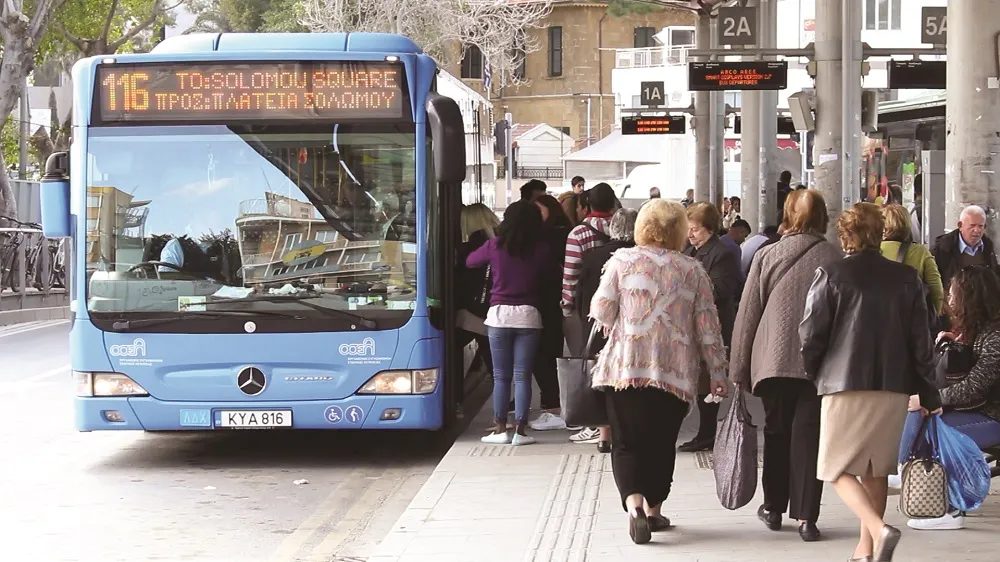
GMV has been awarded a contract to introduce an account-based ticketing (ABT) system on public transit in Cyprus.
It will provide this for 750 city and intercity buses, operated by six companies, under concession by the Ministry of Transport, Communications and Works.
The bus fleet already has a smart card system, but now passengers will be able to have ticket-free travel, using contactless cards, phones, smartwatches and bank cards to pay.
GMV is implementing a pilot bank card payment system on buses in the eastern city of Famagusta, using technology which validates the integration of payment terminals compatible with bank systems - the first such deployment in Cyprus - with a view to a wider roll-out.
GMV will supply TV100 contactless card validators, which take both regular transit and bank cards. A payment gateway has been subcontracted to Switchio by e-payment solutions provider Monet+.
The project also involves renovating the display boards at the main bus station in Nicosia and migrating the entire IT infrastructure to the cloud.
GMV will also modernise the island's 750 school buses, run by five operators, equipping them with both a smart card system and a computer-aided dispatch and automatic vehicle location (CAD/AVL) system.
The technology will confirm the regularity of bus stops, while informing passengers of the occupancy and estimated arrival time of the next bus - and letting drivers know about the delay and occupancy of their own vehicle and the one following it.
The system will allow operators to manage the entire transportation service, and will also include tools for dispatching resources and alarm management.
The on-board equipment will include an Android mobile application for locating buses and making on-board card payments.






